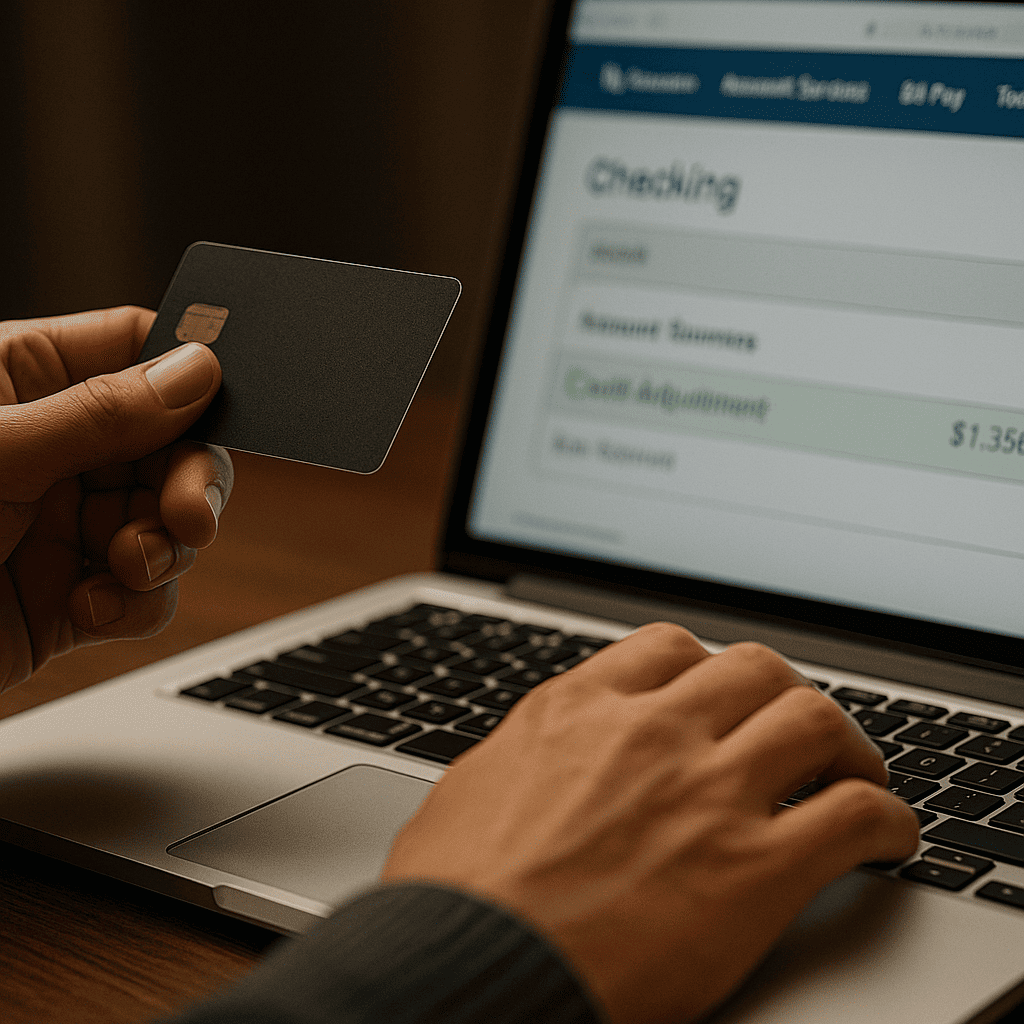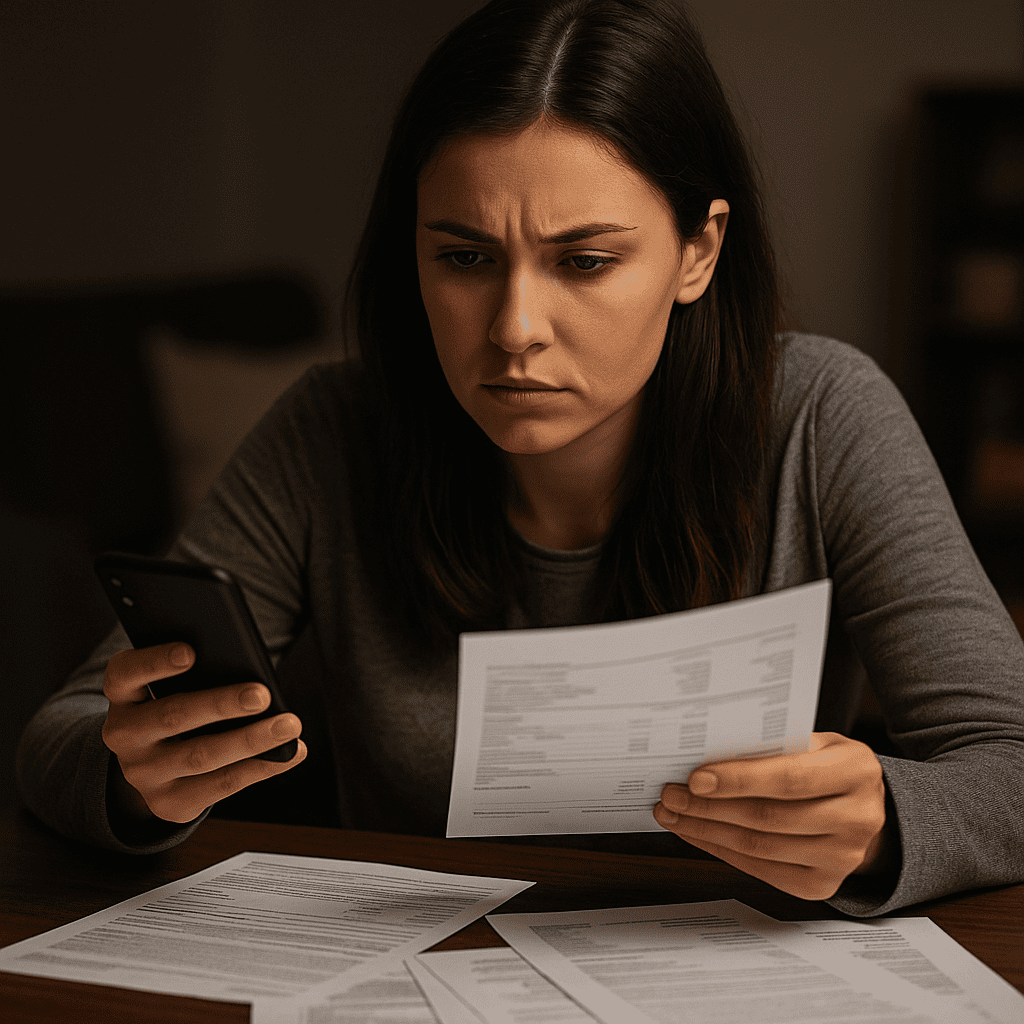When someone you trusted turns out to be a scammer, the fallout can go well beyond hurt feelings. Financial losses, identity theft, unauthorized transfers these are real consequences that many victims face. If you’ve experienced dating fraud, it’s vital to act quickly to protect your finances, personal information, and future stability. This guide helps you understand what to do now, how to shield what you still have, and steps you can take while recovering from financial harm after an online dating scam.
Act Immediately: Secure Your Financial Accounts
The first priority after realizing you’ve been defrauded is to secure all your financial accounts. Contact your bank and credit card companies as soon as possible. Inform them of the fraudulent transactions and ask for unauthorized charges to be reversed. Many banks have policies for fraud victims that allow partial or full reimbursement if the fraud is reported quickly.
Change your online account passwords especially for banking, payment apps, and email using strong, unique credentials. If possible, enable two-factor authentication for extra protection. If you receive any suspicious transaction alerts, act on them immediately. The goal is to prevent further damage before it accumulates.
Document Everything
In the days following fraud, it helps to build a timeline and collect evidence. Save every message, screenshot every request for money, bank statements, emails, and any proofs of communication. Make note of specific details: how the scam began, what was asked for, the timing, amounts involved, and methods of payment.
This documentation will be essential for reporting purposes whether to law enforcement, financial institutions, or agencies that investigate frauds. A well-organized record also strengthens your case if you try to recover funds or seek restitution.
Report the Fraud to Authorities and Platforms
No matter how embarrassed or reluctant you feel, reporting the scam is one of the most important steps to protect both yourself and future victims. Start with your bank or credit card institution, then escalate to local law enforcement if appropriate.
In many countries, there are specialized bodies for cyber-crime or online fraud like the FBI’s IC3 in the U.S., or equivalent reporting hubs elsewhere.
Also report the fraud to the platform where it started: the dating app, social media site, or messaging service. Many platforms have mechanisms to freeze or suspend accounts associated with fraud. They also help by preventing similar scams from being carried out using the same profile.

Monitor Your Credit and Identity
Once your financial accounts are secure, it’s important to check for signs of identity theft. Scammers often gather personal data names, addresses, date of birth that can be used to open credit lines or accounts in your name.
Contact credit bureaus in your country and request a credit report. You may be able to place a fraud alert or security freeze on your credit file, so new credit applications require special verification. Also monitor your banking and payment accounts for unexpected charges or suspicious activity.
Evaluate Your Payment Methods
Scammers often insist on payment via wire transfers, cryptocurrency, gift cards, or other non-reversible formats. These payment methods make it much harder or even impossible to recover funds once they are sent. Knowing which methods are safer and which are risky helps you protect yourself going forward.
If you’ve used a risky payment method, ask your financial institution if there’s anything that can be done sometimes they have policies to assist, or to flag suspicious transfers.
Legal Advice and Financial Counseling
Depending on the severity of your loss, it may be wise to consult legal or financial professionals. Lawyers who specialize in consumer protection or fraud can guide you through demands for restitution, especially when the scammer’s location is known or transactions cross international borders.
Financial counselors can help you review bills, assess damage, manage credit reports, and rebuild your financial standing. These experts also help you set realistic budgets and recovery plans so that the fraud doesn’t cause long-term instability.
Emotional and Psychological Healing Must Accompany Financial Recovery
While protecting your finances is urgent, emotional recovery must not be neglected. Losses from dating fraud often carry deep emotional wounds shame, mistrust, anxiety and these can influence how you make decisions moving forward. Surround yourself with understanding people or professional support. Therapy or peer support groups for fraud victims can offer validation and help you avoid being re-victimized.
Self-care matters: rest, reflection, and giving yourself permission to heal. The sooner you address both financial and emotional sides, the stronger your recovery will be.
Learn and Build Resilience
After going through something as difficult as an online dating fraud, many people wonder where to go from here. Use your experience to strengthen your defenses. Learn about common scams, red flags, tactics like love-bombing or urgency, and deceptive payment methods. Educate friends and family so they can also avoid falling into similar traps.
Create new habits: habitually verifying identities, asking questions early, avoiding secretive or urgent money requests, staying communicative about new online relationships. These practices help ensure that you protect yourself from both emotional and financial harm in future connections.





